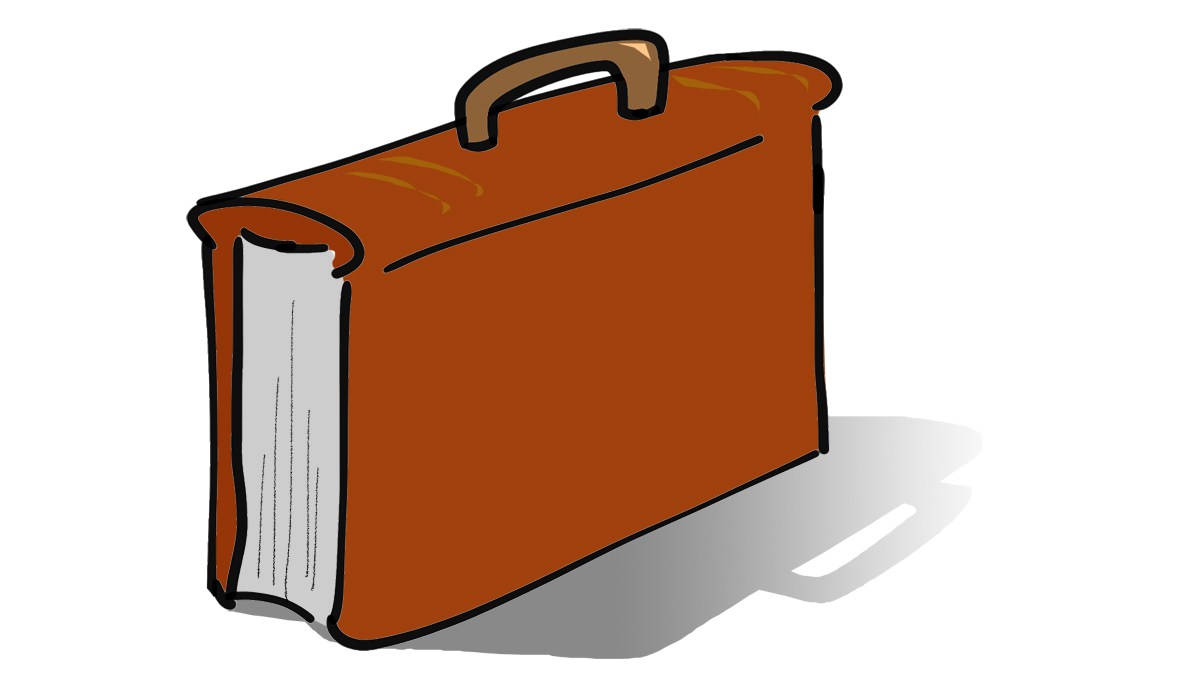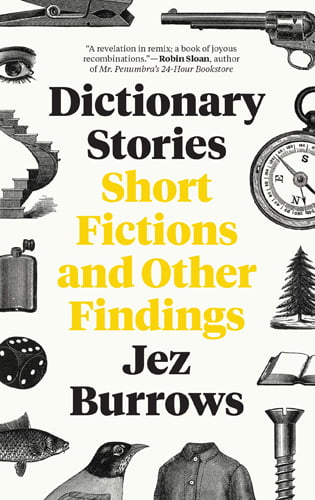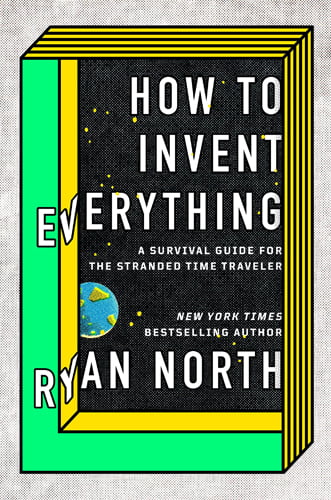 Hi, folks! I’m scrambling to get ready for Gen Con (next week) so Stack Overflow is taking a little break for now. Next week, GeekMom MJ Kaufman will be filling in for me with some cyberpunk books, and the following week I’ll just be getting back from the “best four days in gaming,” so I’ll be back in about three weeks with another stack of books for you.
Hi, folks! I’m scrambling to get ready for Gen Con (next week) so Stack Overflow is taking a little break for now. Next week, GeekMom MJ Kaufman will be filling in for me with some cyberpunk books, and the following week I’ll just be getting back from the “best four days in gaming,” so I’ll be back in about three weeks with another stack of books for you.
I’ll leave you with two books, one I finished a while ago and one that I’m currently reading.
Dictionary Stories: Short Fictions and Other Findings by Jez Burrows
I mentioned way back in May that I was reading Dictionary Stories but then—shame on me—never got around to writing about it, even after I finished it. Which is silly, because I really enjoyed it and have been recommending it to friends in person, just not here in Stack Overflow. I just never had a particular themed column where it seemed to fit, so here it is.
The short stories in this book are composed using sample sentences and phrases from dictionaries. You know, those little snippets, often themselves taken from published works, that are meant to be a representative example of the word in use. Jez Burrows had discovered one such sentence, and was intrigued by the way this single sentence (from the definition of “study”) had a narrative strength on its own, and he wondered what it was about. He soon paired it with a few other sentences, and things began to take shape.
From there, Burrows amassed dictionaries and started collecting sentences and phrases, categorizing them and grouping them, assembling them into the brilliant little vignettes collected in this book. He set himself a few rules, outlined in the introduction—he allowed himself to change verb tenses, add punctuation and conjunctions and formatting, and change names and pronouns, as long as the edits were less than 5% of the finished story.
The result is extremely entertaining, and surprisingly varied. His stories are humorous, creepy, poignant, sappy, and more. Most of them are very short, lasting less than a page, and there are many entries in the form of lists, a commentary on our current obsession with listicles. (Take, for instance “Customers Who Bought This Also Bought,” a list of absurd book titles that you could imagine Amazon suggesting to you.) Some of the stories connect to each other, though most stand alone. It’s perfect for picking up and reading one or two at a time, and I found several that made me want to find somebody immediately so I could read them out loud.
The whole exercise reminds me a bit of the scene in Flash of Genius, in which Bob Kearns (played by Greg Kinnear) reads from A Tale of Two Cities, asking the witness whether Dickens had invented the words “it,” “was,” “the,” “best,” “of,” and “times.” Of course not—those words existed long before Dickens, but it was the way he assembled them that made them into his own creation. I could say a similar thing about Dictionary Stories—the pieces are somewhat larger than the ones Dickens used, of course, but the genius is in the way that they’ve been reassembled into something entirely new.
If you love words, and words about words, Dictionary Stories will be a delight.
How to Invent Everything by Ryan North
The subtitle to this book is “A Survival Guide for the Stranded Time Traveler,” and it purports to be a document that was discovered encased in bedrock that was dated to the Precambrian eon. In it, the author (coincidentally named Ryan North) explains how to reconstruct civilization from scratch, in case you (a time traveler) find yourself stranded in a period in which modern conveniences have not yet been invented.
Starting with advice on identifying what time period you’re in, and then proceeding to fundamentals like language (spoken and written) and mathematics, the book eventually progresses to other scientific discoveries, agriculture, medicine, transportation … you know, basically everything. The appendices have handy information like universal constants (so you don’t have to derive them on your own), human anatomy, frequencies of various notes, and the periodic table, among other things.
While it’s not a brand-new idea—Ryan North put something similar on a T-shirt—it is much more thorough than what you can print on a single sheet (or shirt), and is a great way to present a host of useful facts in an entertaining fashion.
There are two ways to get the book, which releases in September. You can pre-order it from Amazon, or you can back the Kickstarter project, which also has goodies like postcards from other times, a bandana cheat sheet (like the T-shirt, but for your head!), plus you support independent booksellers and it’s signed by the author. I don’t plan on time-traveling in the next couple of weeks, but I’m starting on this book now just in case.
Disclosure: I was sent ARCs of these books for review purposes.






That book is perfect! I really like it, thank for sharing with us